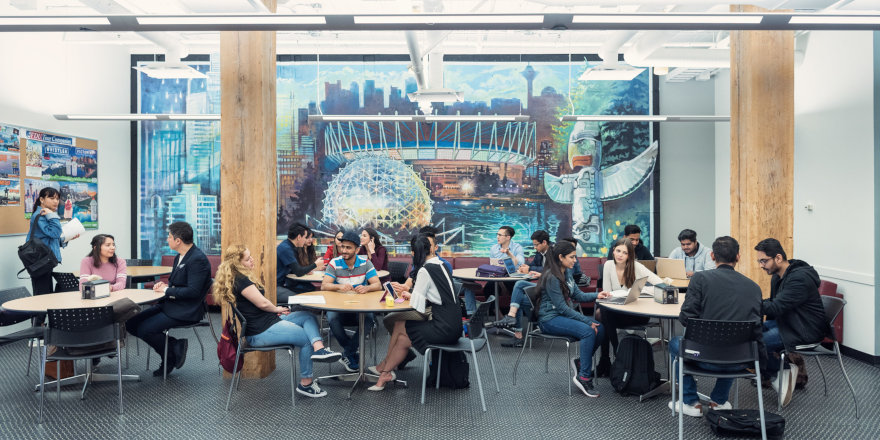Sharpening Your Study Skills
A guide to using study techniques to enhance exam success.

Two questions torture every student: How can I sharpen my study skills? And how can I do it fast and effectively? Everyone experiences the world in unique ways, and with that comes variations in the ways to learn best. Understanding the differences in individual learning styles, and acknowledging the significant effect that learning styles have on your learning process, can help you build excellent study habits and improve your grades.
Visual Learners - Visual learners have vivid imaginations. They learn by seeing images, are quiet by nature, and find verbal instructions difficult. Because they prefer the visual sense, they must see to understand and learn best by reading and watching.
Auditory Learners - Auditory learners enjoy listening and talking and often have difficulty with written instructions. They must hear to understand and learn best by listening to an explanation.
Kinesthetic Learners - Kinesthetic learners prefer the tactile sense. They learn by doing, express emotions physically, and are often outgoing. They must touch or feel to understand, so they learn best by engaging in hands-on activities.
Adapting your study strategies to your learning style
Style Matters - Knowing what type of learner you are helps you understand how to learn more effectively and efficiently.
- Visual learners may consider allocating more time for re-writing notes or turning notes into graphs to enhance your memory.
- Auditory learners can spend more time in study groups when students have the opportunity to hear or say the explanations to help them understand.
- Kinesthetic learners can turn study time into related activities, such as volunteering or field trips.
Though there is some academic debate about learning styles, there's no question that thinking about how you learn best will help you in school. Recognizing and adapting your own behaviour is the most important part.
Other valuable tips to improve your studying
Time Management - Most students have a similar complaint: I don't have enough time. But is this true? There are 168 hours in a week, and you only need a small portion of them to study. There are certainly ways to maximize your time.
The Myth About Multitasking – Doing more than one task at a time, especially more than one complex task, takes a toll on productivity. You don't save time by studying multiple subjects at once. Try to create a list of subjects to study for an allotted time, and focus on one subject before moving onto the next.
That doesn't mean you shouldn't multitask when you're handling simpler activities. Be strategic. For example, you can make the most of your commute to school or work by reading books, notes, or flashcards. Listening to lecture replays or podcasts related to your field of study while doing housework also helps you diversify and gain study time.
Find the right study practice that works for you. Good luck!
References
American Psychology Association. (2006, March 20). Multitasking: Switching costs.
Kanar, C. C. (2014). The confident student (8th ed.). Boston: Houghton Mifflin Company.
Husmann, P. R. & O'Loughlin, V. D. (2018, March 13). Another Nail in the Coffin for Learning Styles? Disparities among Undergraduate Anatomy Students' Study Strategies, Class Performance, and Reported VARK Learning Styles.